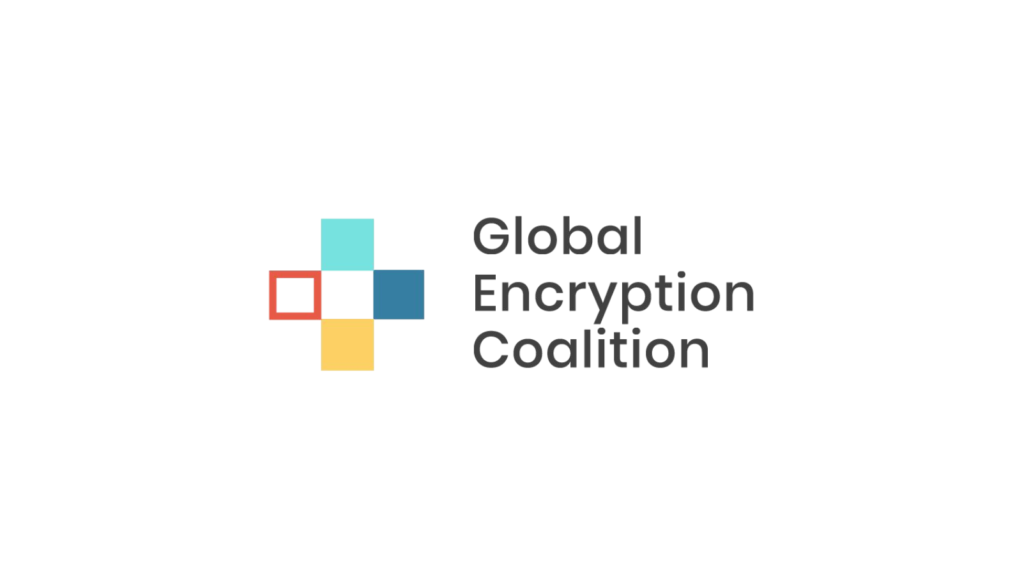European Policy, Government Surveillance
Global Encryption Coalition Steering Committee Statement on the ECtHR Court Ruling on Encryption in Podchasov v. Russia

This is a statement of the members of the Steering Committee of the Global Encryption Coalition, which consists of the Center for Democracy & Technology, Global Partners Digital, the Internet Freedom Foundation, the Internet Society, and Mozilla.
***
From the Statement:
The Global Encryption Coalition Steering Committee (GEC-SC) welcomes the recent ruling by the European Court of Human Rights (ECtHR) in the case of Podchasov v. Russia, which unequivocally reaffirms the position that mandatory requirements imposed by governments to weaken end-to-end encryption constitute a violation of the fundamental right to privacy. This landmark decision reinforces the essential role that strong encryption plays in protecting the digital security and privacy of individuals worldwide. This is particularly relevant for the ongoing conversations around the CSAM legislation in the EU and the Online Safety Act in the UK. The UK is a signatory to the European Convention on Human Rights (ECHR) under which this decision was rendered, and Member states of the EU are also signatories.
As stated by the Court:
“…[the] statutory obligation to decrypt end-to-end encrypted communications risks amounting to a requirement that providers of such services weaken the encryption mechanism for all users; it is accordingly not proportionate to the legitimate aims pursued…”
Encryption serves as the backbone of secure communication on the internet, enabling individuals to exercise their freedom of expression and to engage in confidential business activities without fear of undue surveillance or interference. The ECtHR’s ruling aligns with the GEC-SC’s long-standing position that efforts to undermine encryption not only threaten individual privacy but also the integrity and security of the digital ecosystem at large.
As also stated by the Court:
“…In the digital age, technical solutions for securing and protecting the privacy of electronic communications, including measures for encryption, contribute to ensuring the enjoyment of other fundamental rights, such as freedom of expression…. Encryption, moreover, appears to help citizens and businesses to defend themselves against abuses of information technologies, such as hacking, identity and personal data theft, fraud, and the improper disclosure of confidential information. This should be given due consideration when assessing measures which may weaken encryption…”
The decision sends a clear message to governments around the world: policies and practices that compromise the security of encryption technologies are incompatible with the principles of privacy and security that form the bedrock of a democratic society. It underscores the importance of upholding encryption as a vital tool for protecting human rights in the digital age.
…


